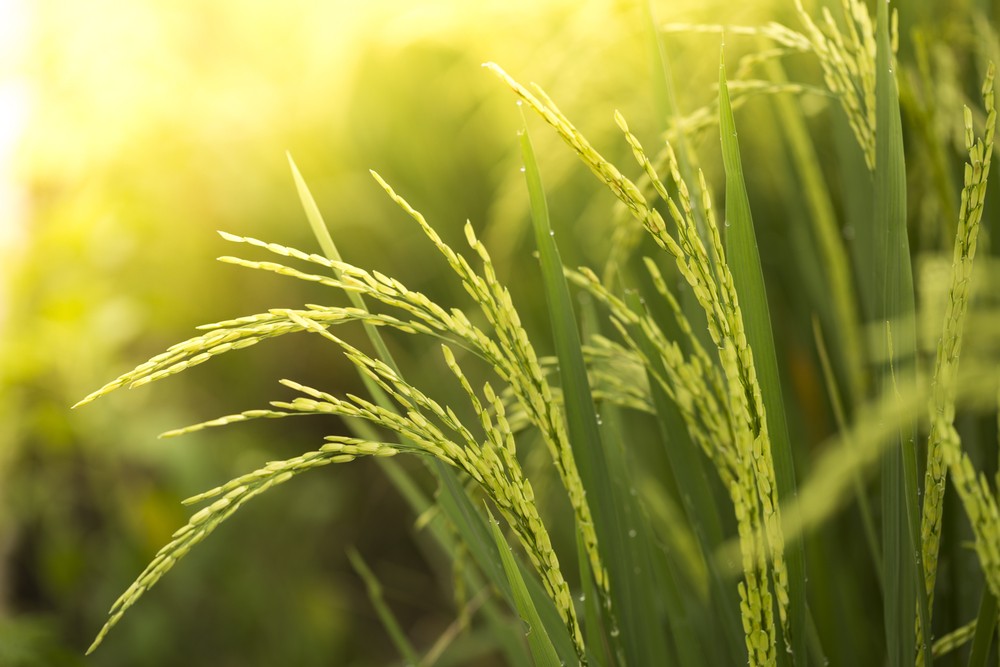Genetically modified rice may help prevent HIV
Researchers from the United Kingdom, the United States and Spain have teamed up to develop a strain of rice that produces HIV-neutralizing proteins.
Change Size
 The transgenic rice produces one antibody and two sugar-biding proteins – the monoclonal antibody 2G12; and the lectins griffithsin and cyanovirin-N – that bind with the HIV virus to prevent further interaction with the human cells. (Shutterstock/File)
The transgenic rice produces one antibody and two sugar-biding proteins – the monoclonal antibody 2G12; and the lectins griffithsin and cyanovirin-N – that bind with the HIV virus to prevent further interaction with the human cells. (Shutterstock/File)
F
or many years now, scientists have been altering genomes of plants and animals to achieve various benefits. Recently, new research has found that genetically modified strains of rice can produce HIV-neutralizing proteins, paving the way to end the HIV epidemic.
According to Newsweek, researchers from the United Kingdom, the United States and Spain have teamed up to develop a strain of rice that produces HIV-neutralizing proteins. Proceedings of the National Academy of Sciences published the post-lab report where the group described the techniques they used and how the results could be used to prevent the spread of HIV.
“Our paper provides an approach for the durable deployment of anti-HIV agents in the developing world,” the team writes.
Infection takes place when the virus interacts with human cells. The transgenic rice produces one antibody and two sugar-biding proteins – the monoclonal antibody 2G12; and the lectins griffithsin and cyanovirin-N – that bind with the HIV virus to prevent further interaction with the human cells. Once the crop has fully grown, the seeds can be ground and processed into a paste that can then be applied to the skin as a topical cream. This will allow the active compounds to enter the body.
Read also: Prince Harry joins Elton John to launch HIV campaign targeting men
Additionally, the rice seeds can offer an easier platform to produce HIV-preventing medications, as it is cheaper and allows virtually anybody anywhere to have access to the treatment when needed.
“Plant-produced pharmaceutical proteins can be scaled up very easily and inexpensively without the need for expensive fermenter facilities simply by planting as many plants as needed to achieve a certain production target,” team leader Paul Christou told Labiotech.eu (https://labiotech.eu/medical/hiv-prevention-transgenic-rice/). “Costs are minimal after the creation of the first plant producing the microbicide. And in our case, the three molecules can be produced in one plant, thus reducing the costs even further.”
The Centers for Disease Control and Prevention have found that a lot of progress has been made in treating HIV. For instance, US citizens have come a long way: in 1985, about 135,000 were infected but the number dropped to 50,000 in 2010.
Unfortunately, an effective vaccine has not yet been developed for HIV. Therefore, for now, only oral medications and educating people about the virus have been the best line of defense. In underdeveloped countries however, oral medications are not always available. (saz/kes)









